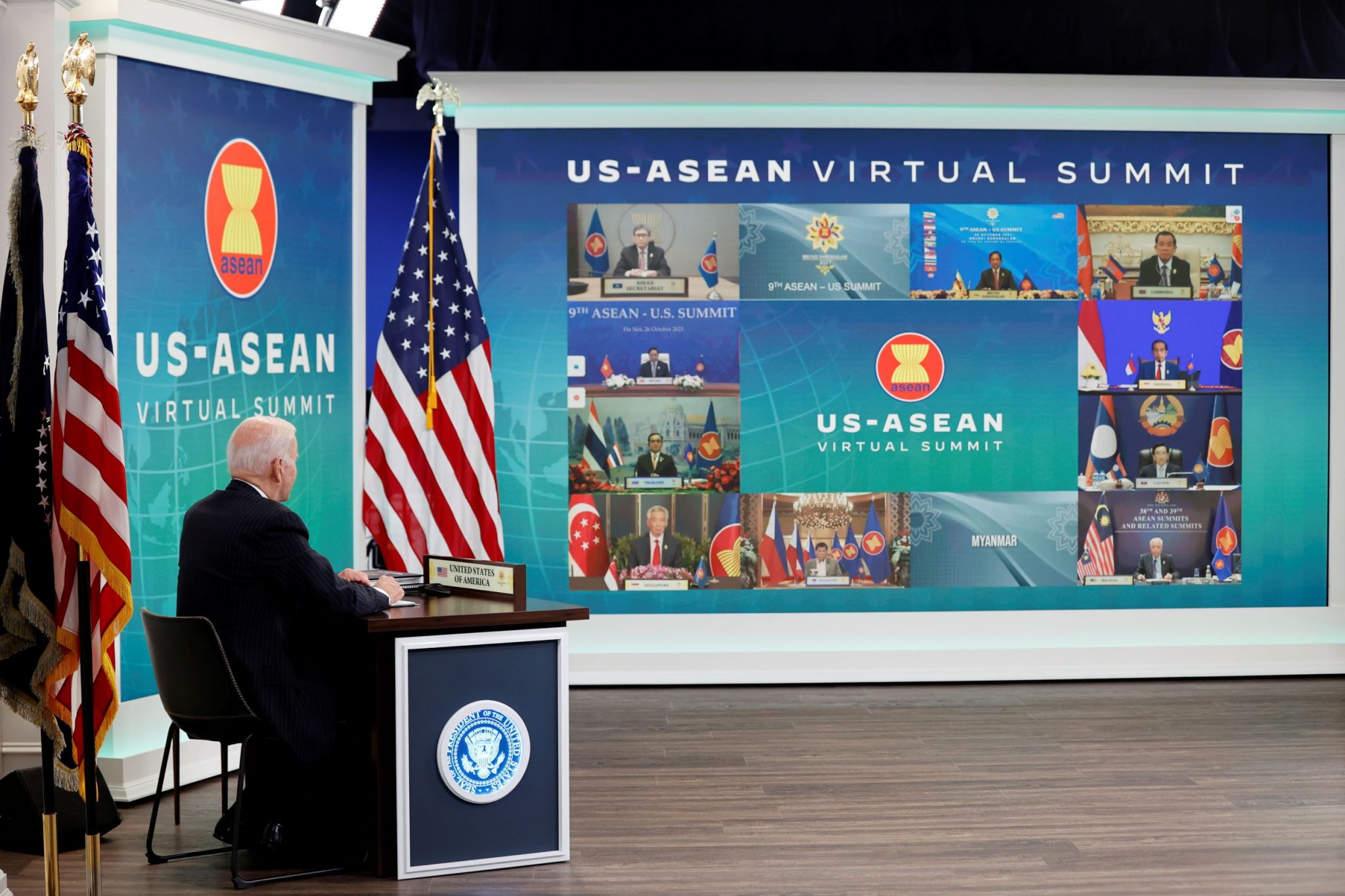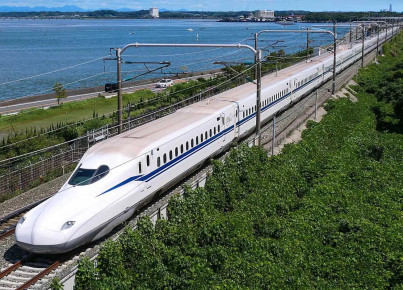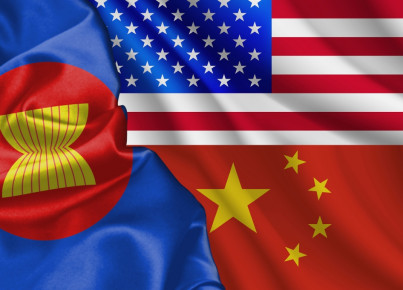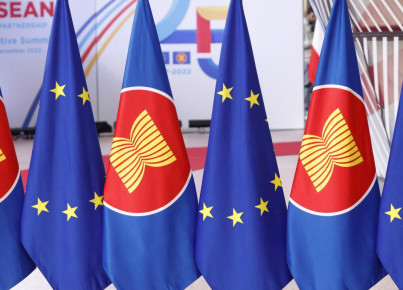As the tension between the two great Pacific powers - the US and China - escalates, the value chains of the globalised economy look increasingly fragile and the economic interdependence between the two rivals more cumbersome. Washington needs its Asian allies to create more resilient and 'democratic' supply chains. But with what effects on the region?
The most concerned observers are already calling it a 'new cold war'. Indeed, the trade war waged between the United States and China is becoming increasingly entangled. If a few years ago the tensions between the two countries appeared to be linked almost exclusively to the impact of Beijing’s exports on the American economy, the narrative of this confrontation has recently taken on more heated tones. The competition no longer seems to be just between two economic models, but between two opposite political systems. Are we really facing a second cold war? Even accepting this interpretation, it is not being fought with the weapons of the first one. In the globalised world, the battleground for superpowers is global supply and value chains. Influence over third countries is exercised through investment in infrastructure and the development of new trade partnerships. After all, the ideological clash is still primarily an economic confrontation, even if it is narrated differently.
In recent years, consumers - and their governments - have realised how fragile global supply chains are. An emblematic case is the superconductors shortage. Chips are essential components for many sectors and a strategic asset in the digital age. Asian countries host most of their production. The issue is so serious that it has become political. In their policies, the United States and the European Union do not want to limit themselves to strengthening supply chains: they intend to assert their digital sovereignty by moving part of the chip production into their own territory. While Brussels maintains a conciliatory stance with Beijing, Washington is determined to promote 'democratic' supply chains. In concrete terms, depending less on China and relying more on partners who share the same political model. For the Biden administration, a renewed 'alliance of democracies' is essential to achieve its foreign policy goals.
But who are the 'democratic' partners to work with? Early this year, British PM Boris Johnson proposed transforming the G7 Summit he was chairing into a D10, the summit of the world's ten leading democracies, inviting India, South Korea and Australia - three Asia-Pacific countries. The guest list was much longer for the Summit for Democracy organised by the White House between 8 and 10 December. These exercises always present the same problem to those who organise them: a country that is formally free and democratic is not always so in substance. The choice of who to admit to the club or not could raise some doubts. Moreover, as already mentioned, EU countries are trying to smooth relations with Beijing and want to avoid initiatives that could be perceived as 'anti-Chinese alliances'.
Returning to the semiconductor issue, Washington intends to reorganise its supply chains by relying more on democratic partners in East Asia. Some of them are already playing an important role in the sector - such as Korea, Japan and Taiwan, key partners in achieving the goals of President Biden's executive order on supply chains -, some others are emerging players, such as ASEAN countries - the US intend to invest significant resources to strengthen cooperation with the bloc. Malaysia is a major chip producer and has been invited to the Summit for Democracy. Indonesia is recognised by its partners as one of the largest democracies and economies in the world and has the potential to become more involved in global value chains. However, there are risks in creating a 'club of democracies'. Some ASEAN countries may not appreciate being left out. This is the case of Singapore, excluded from the Washington summit, and a strategic entrepot in the global chip market.
The US want to work with its allies to reduce dependence on Chinese products not only in semiconductors. Rare earth ores, high-capacity batteries, medical and military supplies. Many sectors will gradually be affected by the new American doctrine. Another area of confrontation with Beijing is infrastructure investments in third countries. The Belt and Road Initiative (BRI) is one of the flagships of Chinese foreign policy and a formidable instrument of influence. The US and EU have proposed their alternatives, the Build Back Better World (B3W) Initiative and the Global Gateway strategy respectively. The two new investment plans will certainly have among their beneficiaries the Asian countries most in need of infrastructure, the lack of which represents one of the main bottlenecks for their economic development. For Washington, China's presence in infrastructure networks must be kept under control not only abroad, but also within its own borders, as we have seen with the exclusion of Huawei from the development of the 5G network.
Will Washington be able to reshape global supply chains in a more resilient and 'democratic' fashion? US policy will undoubtedly favour their Asian allies' companies, which will export more goods to the US market, replacing their Chinese competitors. At the same time, it remains uncertain to assess the consequences of this strategy in other markets. Will other democracies actually reduce their dependence on Chinese goods? Not all of Washington's partners share the hard-line with Beijing - Europe, for example - and Asian countries may find it difficult and burdensome to reduce their trade ties with their neighbour. In this case, they might not be so keen on following the American leadership.






